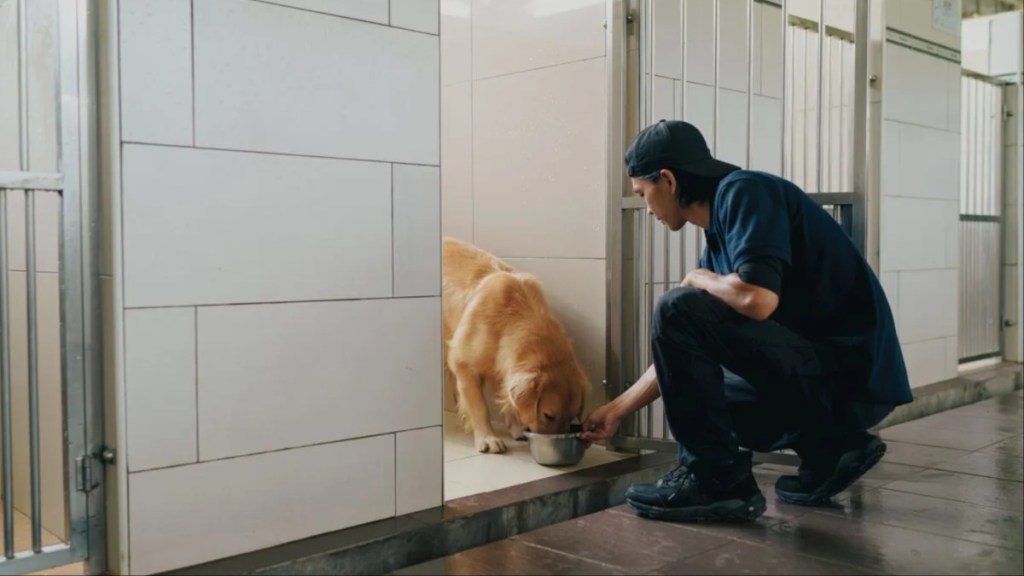Amidst the chaos and upheaval following a catastrophic train derailment in East Palestine, Ohio, in early 2023, pet owners faced a daunting challenge. They had to ensure the safety and care of their beloved dogs amidst the turmoil. Many turned to dog kennels like Darlington Paws in nearby Beaver Falls, Pennsylvania. However, new dog laws are significantly impacting this.
Owners of Pennsylvania dog kennels uncertain about how new state law affects out-of-state business
Kennels are grappling with the implications of Pennsylvania’s newly enacted dog law, navigating through a labyrinth of information, as ABC 27 News reports. These adjustments stem from Senate Bill 746, which garnered broad bipartisan support in Pennsylvania’s House and Senate before Governor Josh Shapiro signed it.
In 2023, many dog owners left their furry friends with Darlington Paws, a boarding kennel close to the village. The owner, Craig Glass, stated, “They’re literally seven minutes from me … So last year I was able to help.” Unfortunately, the new Pennsylvania dog laws have shaken up these dog kennels.
According to the new provisions, dog kennels must mandate out-of-state dog owners to furnish a certificate of vaccination. Moreover, the dog owners must also get an interstate certificate of veterinary inspection upon admission to the facility.
The law also specifies that the interstate certificate of veterinary inspection, also known as CVI, must be issued by an accredited veterinarian located in the state where the dog owner resides.
These new regulations are proving to be financially inefficient for pet parents. John Conlon from Maryland, who boards his dog at Marsh Run Kennels in Waynesboro, Pennsylvania, incurred $179 for a certificate. Furthermore, It was valid for only 30 days, which he believes duplicates information already provided to the kennel.
Betsy Stevens, the kennel owner, empathized with Conlon’s situation and offered a discount. Additionally, she highlighted the financial burden of providing certificates for Maryland customers, particularly those who board their dogs frequently, potentially costing thousands of dollars annually.
Stevens’ kennel relies on 43 percent of business from outside Pennsylvania. As a result, she is now facing financial strain as out-of-state customers are canceling reservations due to the expensive certificates.





